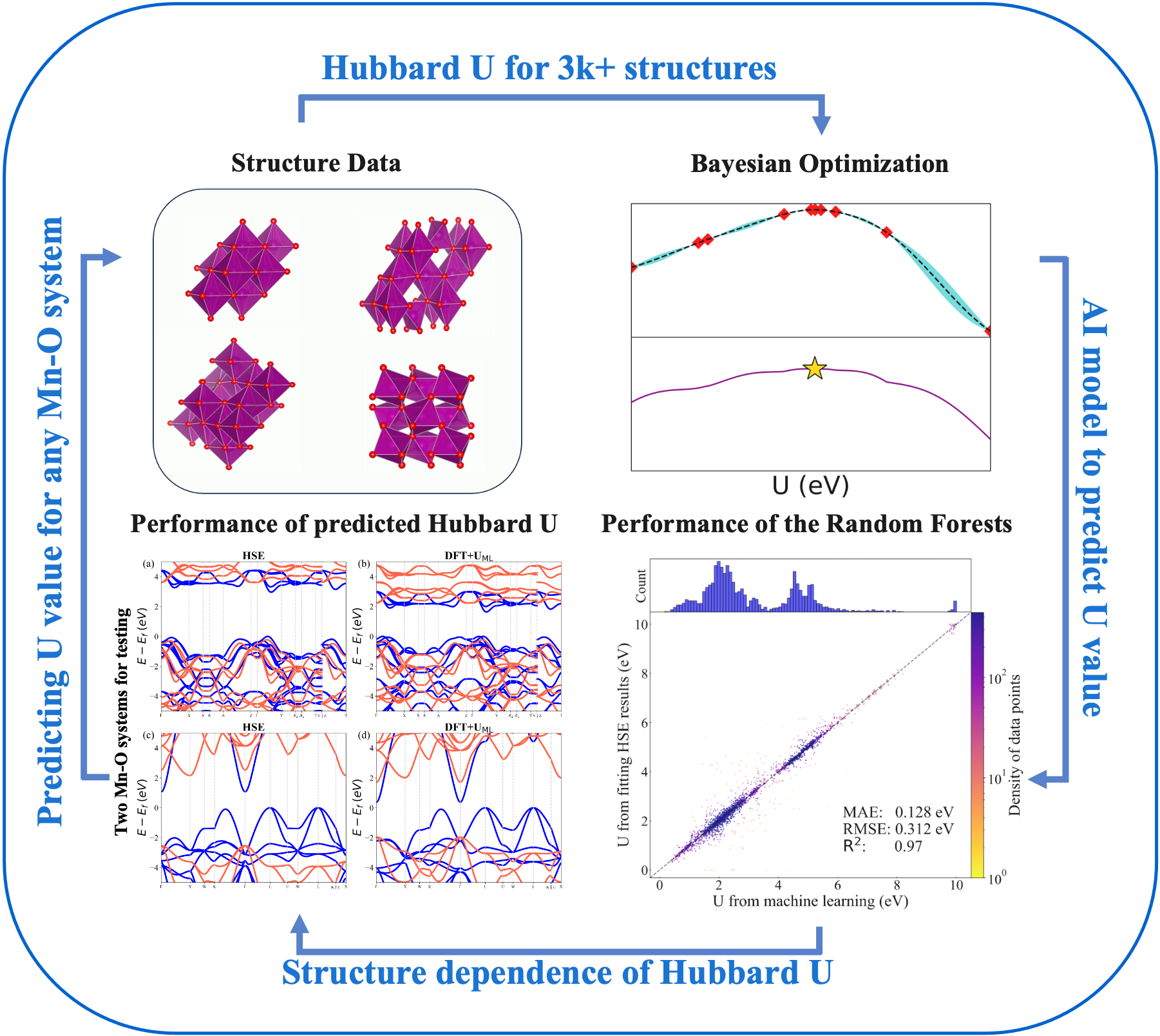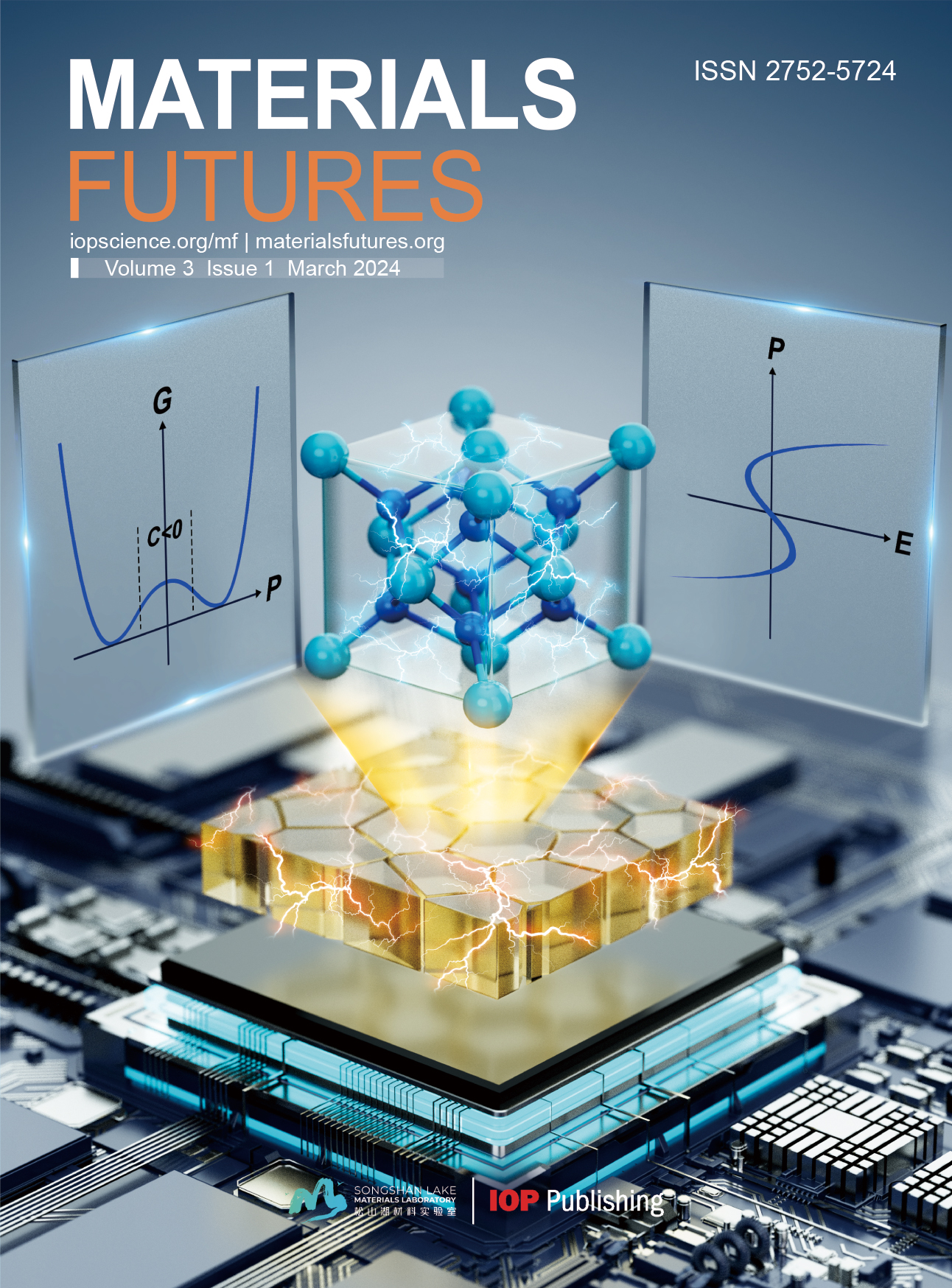Focus Issue on Artificial Intelligence for Materials Science
Guest editors
Pascal Friederich Karlsruhe Institute of Technology (KIT), Germany
Miao Liu Institute of Physics, Chinese Academy of Sciences (IOP, CAS), China
David J. Srolovitz The University of Hong Kong (HKU), China
Scope
Over the past years, artificial intelligence (AI) and in particular machine learning (ML) methods became a widely used tool in experimental and computational materials science. In this Focus Issue, we want to collect and discuss examples of ML-driven materials research, both in automated and self-learning laboratories, where machine learning methods are used for automated data analysis and decision making processes, as well as in computational materials science, where machine learning helps to predict materials properties for accelerated computational design of materials, and to enhance materials simulations or interpret large amounts of data to obtain new scientific insight. Many promising approaches and seminal applications of AI for the development and design of materials have been reported in the literature in recent years, but open challenges remain. This Focus Issue will present the latest developments in the field of AI for materials science, aiming at showcasing recent success stories as well as at addressing and discussing open challenges involved in advancing materials research using ML methods, in particular in automated and autonomous materials science experiments and in computational materials design.
Topics of interest include (but are not limited to):
Automation and AI in experimental materials science: Materials acceleration platforms (MAPs); self-driving and self-learning labs; semi-automated data analysis; decision making and planning in automated and autonomous labs; integration of simulations in automated labs
→ Moving from optimization toward discovery
AI and ML in computational materials science: Materials property prediction, screening, and inverse design; accelerated materials simulations; machine learning in multiscale simulations; explainable machine learning methods for scientific understanding; physically inspired machine learning models; integration of foundation models in materials science research
→ Moving from validation and proof-of-principle studies toward computational materials design
High-quality large datasets and infrastructure in materials science: Highly standardized AI-oriented datasets or databases and their descriptors; digital frameworks that enable the circulation of data and the AI model for the community
→ Moving from in-house data/AI model toward public tools
Submission Deadline
30 September 2024
The target deadline for submissions is 30 September 2024 though we can be flexible where necessary. We encourage early submission, as articles will be published on acceptance without being delayed by other papers in the collection.
Article charge
All articles in Materials Futures are published on an open access basis. Article publication charges are waived for authors until 2024.








